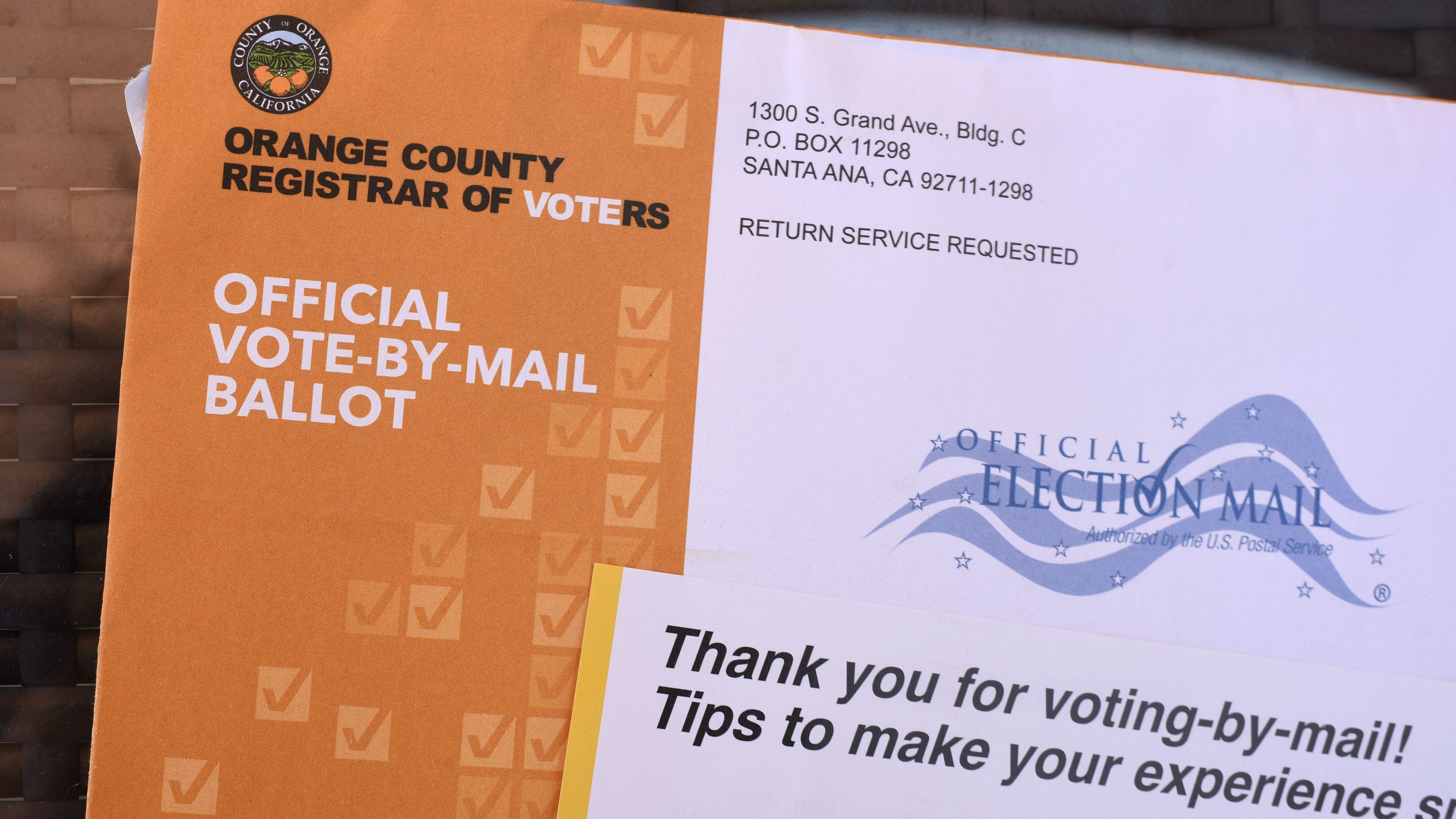By: The Editorial Board – wsj.com – March 1, 2021
Advocates present the legislation as a good-government reform that won’t favor either party. But H.R.1 is packed with provisions that would federalize election rules to dubious result; unsettle longstanding practices; end security measures that local officials think prudent; undermine public confidence; and increase the odds of contested outcomes.
Start with permanent pandemic rules. H.R.1 would create a federal right to a mail ballot, no excuse necessary. Registered voters couldn’t be made to submit “any form of identification as a condition of obtaining an absentee ballot,” except a signature or “affirmation.” State laws requiring mail votes to be notarized or signed by witnesses would be trumped. Late-arriving ballots, if postmarked on time, would be valid nationwide for 10 days after Election Day.
In other words, the bill would entrench last year’s emergency experiment, further turning Election Day into Election Quarter. H.R.1 would give Americans endless opportunities to relive the fun in New York’s 22nd Congressional District, which didn’t have a victor for 97 days. Out of Pennsylvania’s 10,097 late-arriving ballots last year, an alarming 6.6% did not have legible postmarks. A state Senate seat outside Pittsburgh turned on whether or not to count mail ballots that voters neglected to date. One county tallied them. The county next door did not. What if the White House were in the balance?
H.R.1 would overrule state laws against ballot harvesting, letting Americans nationwide “designate any person” to return a vote, provided the carrier “does not receive any form of compensation based on the number of ballots.” Also, states “may not put any limit on how many voted and sealed absentee ballots any designated person can return.” Yes, paid partisan operatives could go door to door, amassing thousands of votes, as long as they billed by the hour.
Under H.R.1, same-day voter registration and 15 days of early voting would both be mandatory. State bureaucracies would be enlisted to register people who appeared in government records. Is this really a good role for the “agency primarily responsible for maintaining identifying information for students enrolled at public secondary schools,” which the bill would loop into the task? At the same time, H.R.1 would make it harder to delete faulty records from voter lists.
H.R.1 says felons couldn’t be denied the ballot, with the exception of those imprisoned. But Congress’s power isn’t unlimited, so that provision says it applies only to federal races. Under H.R.1 some felons apparently would be eligible to vote in federal, but not state, elections. Would county officials have to keep two sets of voter lists and two sets of ballots?
Similar questions hold for the other federal mandates: Would mail ballots be accepted 10 days late in the race for President but not Governor? Democrats are betting that if H.R.1 passes, states will alter their rules to match, but don’t count on it.
***
Other sleeper provisions: H.R.1 would create a scheme of public funds to match small political donations at a 6-to-1 rate. Give your guy $200, and he might get $1,200 from the government. The money would come from a 4.75% surcharge on fines and penalties paid by businesses or corporate officers.
Small donors are great, by why do politicians need a taxpayer subsidy? The top-five list for share of funds coming from small donors includes two socialists, Alexandria Ocasio-Cortez and Bernie Sanders, plus two take-no-prisoners conservatives, Matt Gaetz and Jim Jordan.
H.R.1 would require the judiciary to create a code of conduct for Supreme Court Justices. It looks like a way for Democrats to reach the High Court with their tactic of ginning up ethics complaints and phony calls for jurists to recuse. This is an 800-page bill, so we could go on.
The main point is that the goal after the wild election of 2020 should be to restore voter confidence. Mr. Trump’s unsubstantiated charges of widespread fraud did a great deal of harm. Yet even people who fought his claims were uneasy about how fast the normal voting rules went out the window last year. If the race had been closer, the ensuing Pennsylvania recount might have made the 2000 Florida mess look like croquet at Mar-a-Lago. Ballot access is important, but so is ballot integrity.
To see this article and subscribe to others like it, choose read more.
 Listen Online
Listen Online Watch Online
Watch Online Find a Station in Your Area
Find a Station in Your Area









 Listen Now
Listen Now Watch Online
Watch Online
